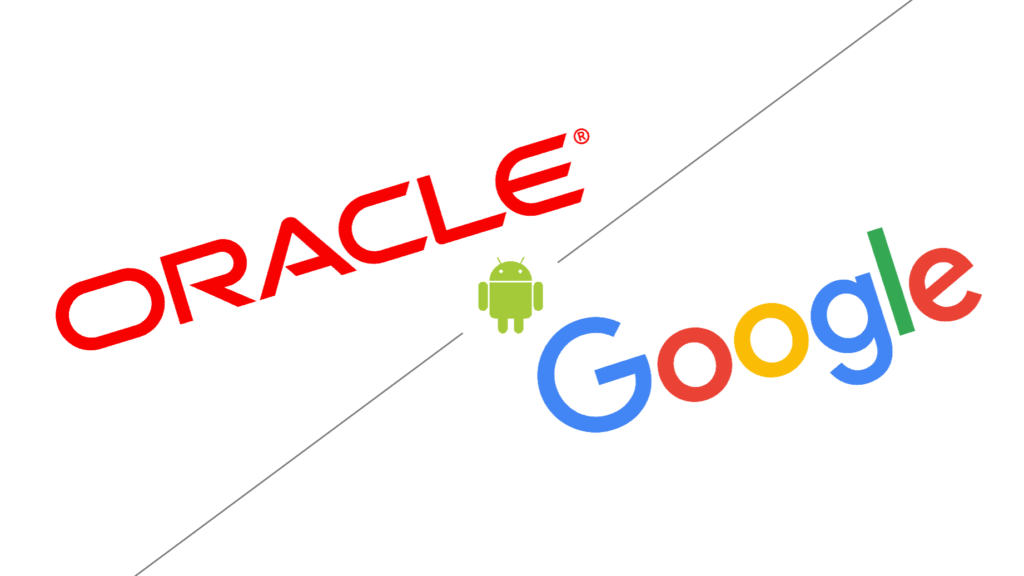The United States Supreme Court recently granted certiorari to hear Oracle America, Inc. v. Google LLC, a case to determine whether application programming interfaces (“APIs”) are protectable copyrightable expression. If APIs are deemed protectable, the case will turn on whether Google’s use of 37 packages of Oracle’s APIs in its Android operating system constitutes fair use under copyright law. After receiving two adverse rulings from the Federal Circuit Court of Appeal, Google’s request for Supreme Court review has been upheld.
The dispute began in 2005 when Google attempted to license from Sun Microsystems certain components of Java that were not otherwise available through an open source license. Sun Microsystems had implemented the Java API for desktop computers but Google sought to use it for smartphones and tablets. Google sought compatibility of Java programs within its Android mobile operating system environment as part of its ongoing mobile platform development scheme. However, after unsuccessfully negotiating said license, Google wrote its own version of Java and copied the same names, organization, and functions as the Java APIs to save development time. A few years later, Oracle acquired Sun Microsystems, and Oracle proved even less inclined to license the remaining Java components to Google.
Copyright protection applies to an original works of authorship fixed in any tangible medium of expression and includes literary works, musical works, dramatic works, as well as many more. Copyright protection does not subsist for an idea, procedure, process, system, method of operation, concept, principle, or discovery. Indeed, per the idea-expression dichotomy, only when an idea is expressed in a protectable form may it be granted a copyright. It is the expression, not the idea, which is protected in this way.
Some commentators feel strongly that APIs should be treated differently than programs because they only specify what a program does and not how it does it. APIs are essentially components of code designed to help software applications and operating systems interact with each other. In this way, APIs facilitate interoperability and therefore, help interface one software program or platform to another. Thus, some have argued that restricting API use without an express license directly contravenes the intended purpose of APIs.
On the other side of the aisle, as Oracle argues, the Copyright Act protects “literary works,” which necessarily includes non-literal components. Oracle also points out that Google has cited no case finding computer code, or the structure and organization of a computer program, to be devoid of copyright protection. Finally, it may be argued that the idea-expression dichotomy is inapplicable here, contrary to Google’s suggestion, because Oracle has not sought protection for the idea of organizing functions of a computer program but rather, the particular way of naming and organizing each of the Java API packages.
Even if Oracle’s APIs are copyrightable, Google argues that its use of the same constitutes a fair use. The fair use defense was designed to fulfill the purpose of copyright, according to the Constitution, which is “to promote the progress of science and useful arts.” Fair use serves as a limited exception to a copyright holder’s exclusive rights and permits use of a copyrighted work if it is for purposes such as criticism, comment, news reporting, teaching, scholarship, research, or the like. In determining whether a particular use is fair, courts consider the purpose and character of the use, the nature of the copyrighted work, the amount and substantiality of the portion used, and the effect of the use on the potential market for or value of the copyrighted work. The Supreme Court must also determine whether, if copyright protection subsists in APIs, Google’s fairly used Oracle’s Java package.

